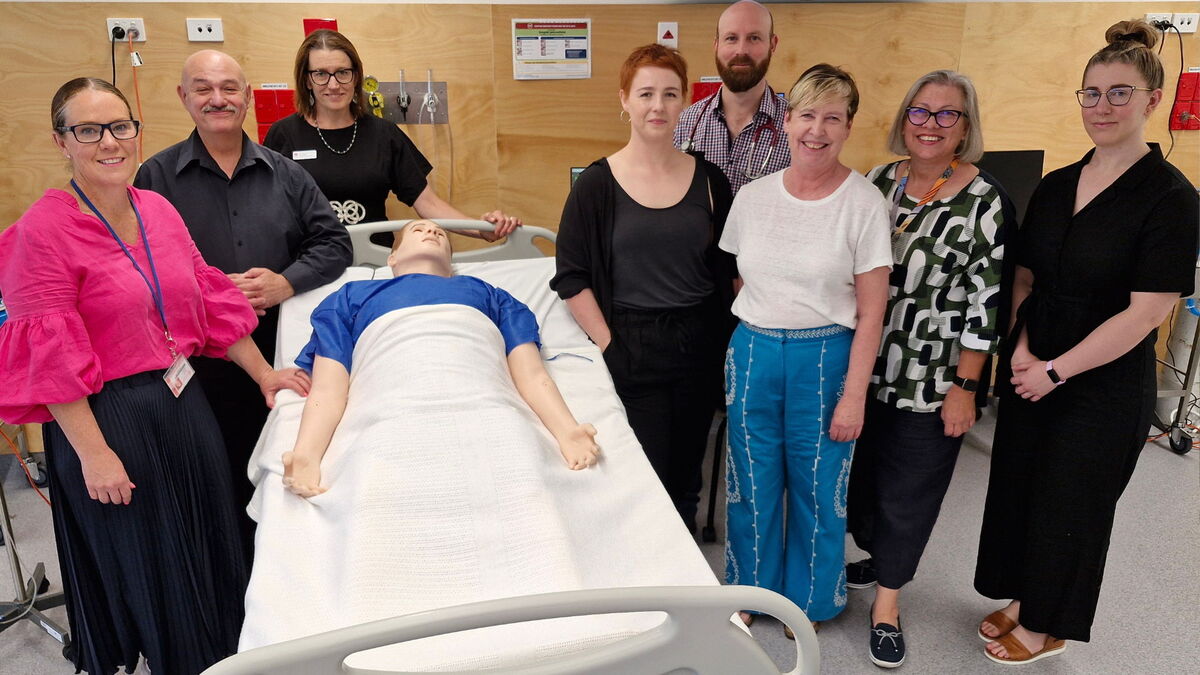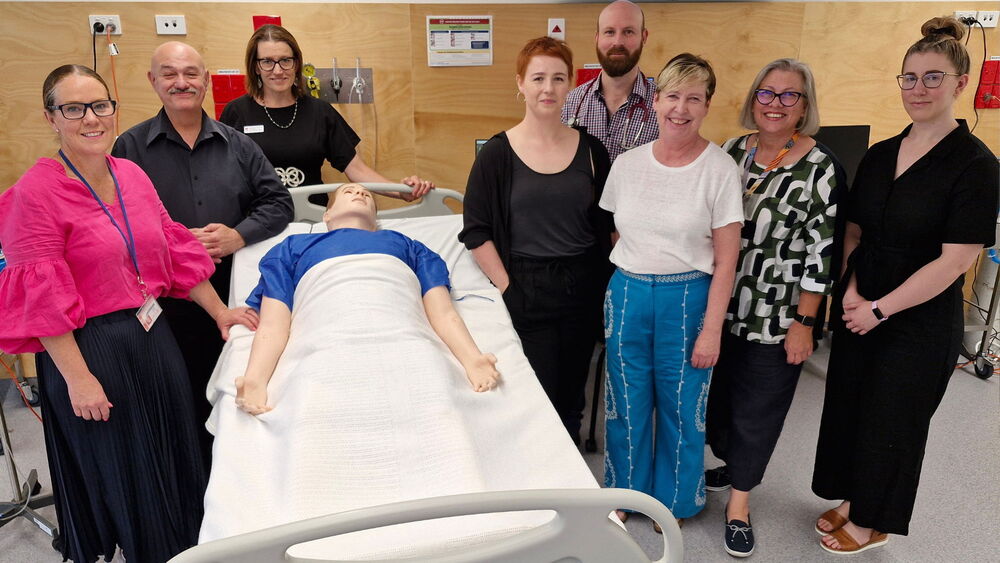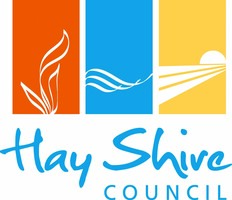Drug and alcohol-related deaths in Western NSW tackled by new group of specialists
Krista Schade
30 November 2024, 4:00 AM

The Rural Applied Drug and Alcohol Research group (RADAR) will tackle the prevalence of drug and alcohol abuse in Western NSW, which is higher than most other parts of NSW.
- Charles Sturt University has established a unique, collaborative research group with the Western NSW Local Health District and community members to reduce the incidence of drug and alcohol-related deaths in rural communities
- The Rural Applied Drug and Alcohol Research group (RADAR) will tackle the prevalence of drug and alcohol abuse in Western NSW, which is higher than most other parts of NSW
- RADAR aims to address the barriers faced by individuals in these regions such as accessing treatment, navigating stigma, transportation difficulties, and a lack of local resources
- The unique socio-economic and cultural contexts of these areas contribute to complex challenges that necessitate a coordinated response
Charles Sturt University has assembled a team of experts with the NSW government and community members to tackle the increasing scourge of deaths related to alcohol and drug misuse in Western NSW.
The Rural Applied Drug and Alcohol Research group (RADAR) was formed to tackle the unique challenges often faced by rural communities, with the incidence of substance misuse-related deaths higher in western NSW in comparison to other parts of the state.
According to statistics provided by NSW Health, there was at least 18 deaths per 100,000 people in NSW due to alcohol use between 2020 and 2021. Within this, the Far West Local Health District (LHD) and Western NSW LHD experienced the highest death rates during this period, with 33.9 and 25.7 deaths per 100,000 population, respectively.
RADAR is made up of drug and alcohol specialists and academics from the Charles Sturt School of Rural Medicine, the Charles Sturt Rural Health Research Institute, the Western NSW Local Health District (WNSWLHD) and community members.
Charles Sturt School of Rural Medicine Director Research and Evaluation Dr Catherine Keniry said the group’s formation was the result of extensive research into the alarming rates of drug and alcohol misuse within western NSW which was on the uprise.
Core priorities of RADAR include addressing the specific, geographical issues those afflicted by substance misuse in western NSW often experience. Some of these issues include access to treatment, navigating stigma associated when reaching out for support, transportation difficulties, and a lack of local resources.
“By fostering evidence-based interventions and promoting community resilience, RADAR has a strategic focus to create a collaborative research network focussed on research in drug and alcohol in western NSW,” she said.
Ms Marianne Olk from Orange, who is a person with lived experience of substance use disorder and is currently a registered nurse working in mental health, said a coordinated response to assist people reduce substance misuse was welcomed.
“This coordinated response will involve the collaboration of various organisations, health professionals, and support services working together to provide comprehensive resources and guidance,” Ms Olk said.
“The goal is not only to reduce the misuse of substances but also to promote healthier choices and long-term recovery, a strategy that is widely embraced by both the community and stakeholders involved.”
RADAR was established in 2023 and operates under a framework that emphasises inclusivity, community engagement and interdisciplinary collaboration. Key components of the framework include stakeholder engagement, data collection and analysis, capacity building, policy advocacy, evaluation and feedback.
Western NSW Local Health District Clinical Director Drug and Alcohol Associate Professor Stan Theodorou said the establishment of RADAR presented a promising avenue for initiating sustainable change with respect to alcohol and drug misuse.
“By leveraging the strengths of diverse stakeholders and employing a comprehensive, evidence-based approach this initiative has the potential to significantly improve the health and wellbeing of individuals and families affected by substance misuse in this region,” Professor Theodorou said.
RADAR has already successfully secured funding for two research projects since its inception. Both commencing in 2023, the projects include:
Enhancing Access to Drug and Alcohol Services in Western NSW: Drug and Alcohol Clinical Workforce Survey
Improving access and availability of depot buprenorphine for First Nations peoples in rural Australian communities
Professor Theodorou said that research into drug and alcohol issues have tended to take place in metropolitan areas and an aim of RADAR was to address this problem.
“While there have been a number of agencies working to improve outcomes for people with drug and alcohol problems in the community, this at times has been fragmented,” Professor Theodorou said.
“RADAR will start to help bridge this divide in western NSW.
“Ultimately, addressing these challenges requires a commitment to collaboration, innovation, and community empowerment.”
Dr Keniry said Charles Sturt also continued to invest in reducing the skill shortage in medical practitioners who are often on the frontlines of substance misuse.
“Our undergraduate and postgraduate courses in nursing and Bachelor of Clinical Science (Medicine)/ Doctor of Medicine are training up vital health professionals, most of which will fill critical skills gaps in the regions after graduation.”
The University of NSW St Vincent’s Clinical School Conjoint Associate Professor Jonathan Brett was involved in the initial establishment of RADAR.
‘People living in rural and remote areas should have the same opportunities for health care and research participation as those in cities, yet a large gap still exists,” Professor Brett said.
“I’m excited to be part of this important initiative to bridge the gap for drug and alcohol research.”

Above: Charles Sturt University Director, Research and Evaluation and Senior Lecturer, Senior Research Fellow within the School of Rural Medicine Dr Catherine Keniry; A/Professor Stan Theodorou, Clinical Director Drug & Alcohol Services, Mental Health Drug & Alcohol, Western NSW Local Health District, and Associate Professor, School of Rural Medicine, Charles Sturt University; Ms Marianne Olk, Lived Experience Representative, and Mental Health Clinician, Registered Nurse, WNSWLHD; Dr Nicole Snowden, Postdoctoral Researcher, Rural Health Research Institute (Mental health and Addictions); Dr Brendan Cantwell, BAppSci, MBBS, DCH, Head of Curriculum, School of Rural Medicine Charles Sturt University; Professor Julaine Allan, Rural Health Research (Mental Health and Addictions), Senior Visiting Fellow, National Drug and Alcohol Research Centre, UNSW; Ms Lynette Bullen, Senior Drug and Alcohol Worker | Involuntary Drug and Alcohol Treatment Unit, Orange Health Service, Lecturer in Medicine, School of Rural Medicine, Charles Sturt University; Ms Meredith Eagle, Research Assistant | Drug and Alcohol Services, DACRIN Coordinator, WNSWLHD, Adjunct Research Associate, School of Rural Medicine. Image: Charles Sturt University
NEWS
JOBS





